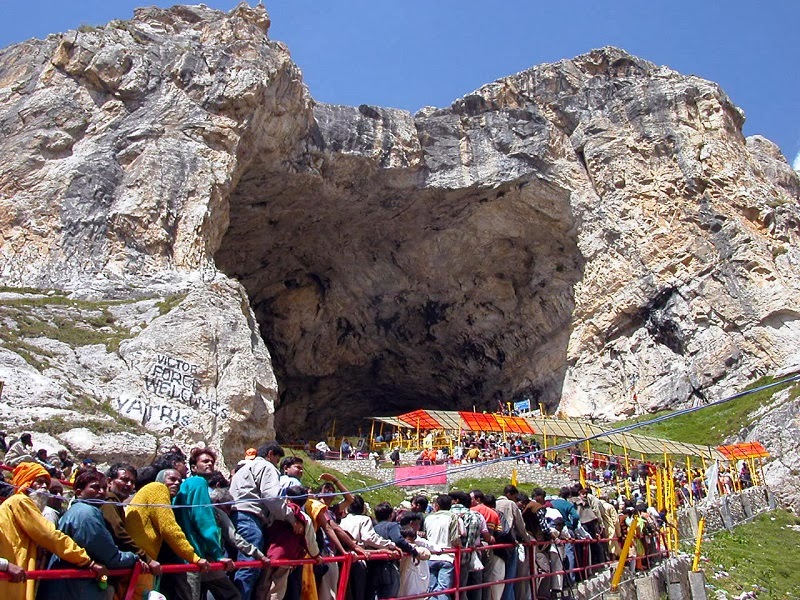SRINAGAR: A recent attack on poplar trees in Ladakh by the Pheosia Albivertex pest, potentially originating from Pakistan or China, has alarmed experts and locals alike, Chandigarh newspaper Tribune reported.
This infestation, exacerbated by changing climatic conditions, poses a significant threat to the region’s poplar plantations, which are crucial to the livelihood of local farmers.
Ladakh is a desert and is timber scare. Most of its basic requirements for timber are coming from poplars, apricot trees and some other trees.
The pest was first identified a few years ago but had not reappeared significantly until now. The latest outbreak came to light when a local resident recorded a video of the damaged trees and shared it on social media, prompting swift action from the administration. Scientists and officials from the Forest Department are now working tirelessly to mitigate the pest’s impact.
Teams from Krishi Vigyan Kendra (KVK), Kargil, and the Forest Department have visited the affected areas, urging immediate action to prevent further spread. Sajjad Khan, councillor of the Saliskot area, confirmed to the newspaper that the pest has affected trees in his constituency. “The Ladakh Autonomous Hill Development Council (LAHDC), Kargil, will provide full support to farmers whose trees have been damaged,” Khan assured.
Dr Mohammad Mehdi, Principal Scientist at KVK Kargil, according to the newspaper has warned of the potential economic losses if the pest is not controlled promptly. He asserted the importance of community cooperation in managing the outbreak, noting that the insect causes complete defoliation of the trees. “Poplar trees are a main source of livelihood in the region, and if not managed, the pest could spread to adjoining areas, making control efforts even more challenging,” Mehdi stated.
A recent study published in the Journal of Asia-Pacific Biodiversity by scientists from Ladakh and Jammu and Kashmir highlighted that the region, characterised by high-intensity sunshine, low humidity, and water stress, had not experienced significant poplar pest infestations until the past decade. However, global climate change and warmer, more humid summers in Ladakh have led to increased insect pest outbreaks.
The study revealed that the pest was first noticed in Dyanguchay village in the Suru Valley area of Kargil district and has since spread to nearby areas. It suggests that this may be a new accidental introduction of the pest, which is still in the early stages of propagation and dispersal in Ladakh. The pest’s presence has also been reported in surrounding regions such as China and Pakistani side of Kashmir.
In response to the outbreak, KVK Kargil has advised farmers to practice proper sanitation by collecting larvae from the branches using brooms and destroying them. The combined efforts of scientists, officials, and local farmers are crucial to managing this pest and safeguarding the poplar plantations vital to the region’s economy.
Kashmir has historically banned the transfer of fresh fruit from Ladakh fearing the desert pests may impact its horticulture. Off late, however, special consignments are being transferred to the local market.













